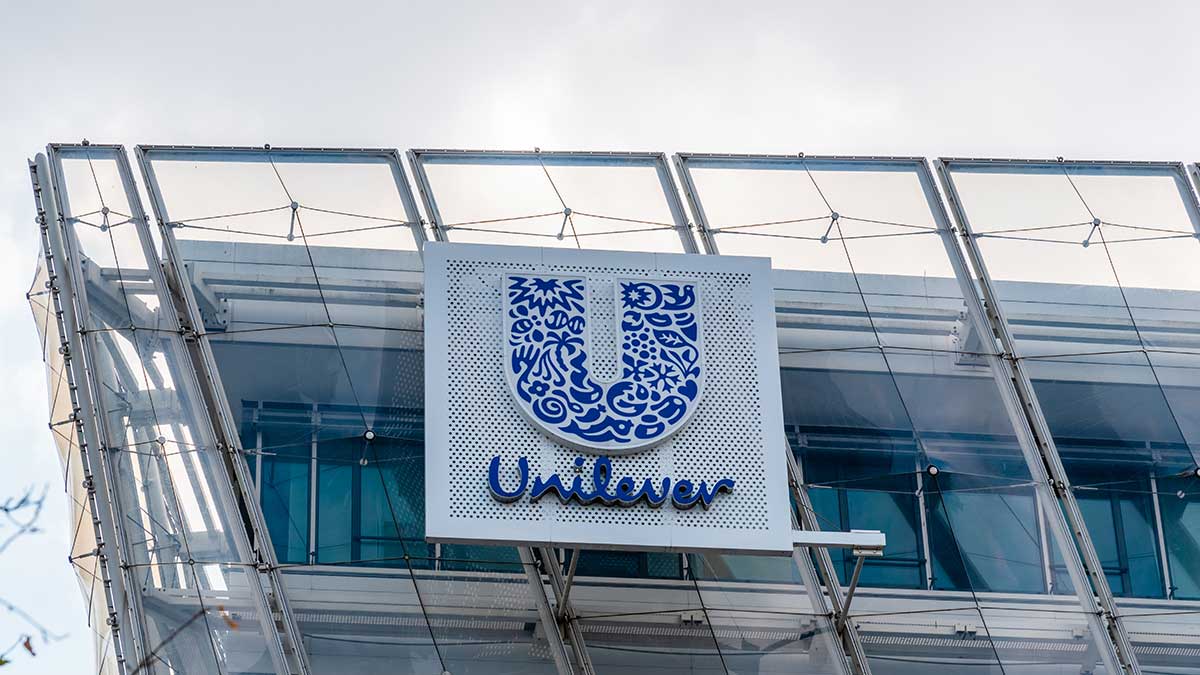Unilever to slash European office roles by a third

Unilever is set to slash European office roles by nearly a third by the end of 2025 as it continues its cost-cutting drive.
The company said it would begin a consultation process with those affected, with up to 3,200 jobs being axed in the region. It employs around 10,000 office staff across Europe.
It is not yet known how many of its 6,000 UK roles will be affected.
Earlier this year the consumer goods giant announced plans to cut 7,500 global office roles, as part of a turnaround plan that aims to cut costs by €800 million over the next three years. Those plans also included the decision to split off its ice cream business, which includes the Wall’s, Ben & Jerry’s and Magnum brands.
CEO Hein Schumacher announced the Unilever job losses in a company-wide call last week, as first reported by the Financial Times.
“The expected net impact in roles in Europe between now and the end of 2025 is in the range of 3,000 to 3,200 roles,” Constantina Tribou, chief HR officer, said during the video call.
Hermann Soggeberg, the head of Unilever’s European Works Council, said in a letter to staff that “these measures mean the biggest job cuts in Unilever for decades.”
A Unilever spokesperson said: “In March, we announced the launch of a comprehensive productivity programme, to drive focus and growth through a leaner and more accountable organisation.
“We are now, over the next few weeks, starting the consultation process with employees who may be impacted by the proposed changes.”
Sign up to our weekly round-up of HR news and guidance
Receive the Personnel Today Direct e-newsletter every Wednesday
HR opportunities in the FMCG sector on Personnel Today
Related
ForexLive European FX news wrap: Euro stays buoyed, markets wait…
Headlines:Markets:EUR leads, AUD lags on the dayEuropean equities lower; S&P 500 futures up 0.1%US 10-year yields down 2.7 bps to 4.255%Gold up 0.4% to $2,9
European shares fall as tariff uncertainties weigh; US jobs data…
(Reuters) - European shares fell on Friday as frequent shifts in U.S. trade policy throughout the week resulted in risk aversion, while focus remained on th
US economy added 151,000 new jobs in February; Euro on…
US jobs report releasedNEWSFLASH: Hiring across the US economy picked up slightly at the start of Donald Trump’s second term in office.The US economy added 15












